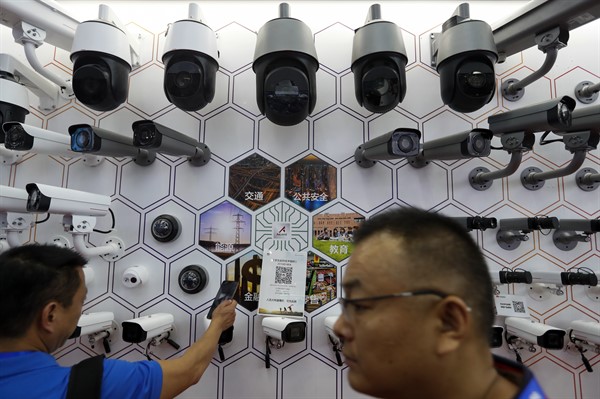In the past few years, public awareness has grown about the race currently underway among states and corporations to dominate the development and deployment of new technologies. This isn’t only a race, however, to lock in the trade advantages that come with tech dominance. It is also a race to shape our societies and the values by which we live. And it is being run on many different tracks, some of them well-known by now—5G telecom networks and artificial intelligence—but others more obscure and unexpected.
For example, in late 2019, the Chinese government proposed a change to the deep structure of the Internet, not just the applications we use on it, so as to facilitate mass surveillance of internet users. China’s chosen method to introduce this change was a remarkable one. It proposed new technical standards to facilitate its alternative model for the internet, known as New IP, or Internet Protocol. Had they been adopted, the new standards would have legitimated New IP and opened the door for it to be exported internationally along China’s “Digital Silk Road,” as Beijing’s effort to establish a network of Chinese-developed tech and communications infrastructure is known.
As they are currently configured, the “pipes” of the internet are “dumb,” meaning that they serve only to transmit data, with no visibility into what data is being transmitted. In a system based on New IP, they would instead become capable of capturing information on everyone who used them, bypassing encryption mechanisms and eroding online anonymity such that a permanent, comprehensive profile could be created on every individual.

